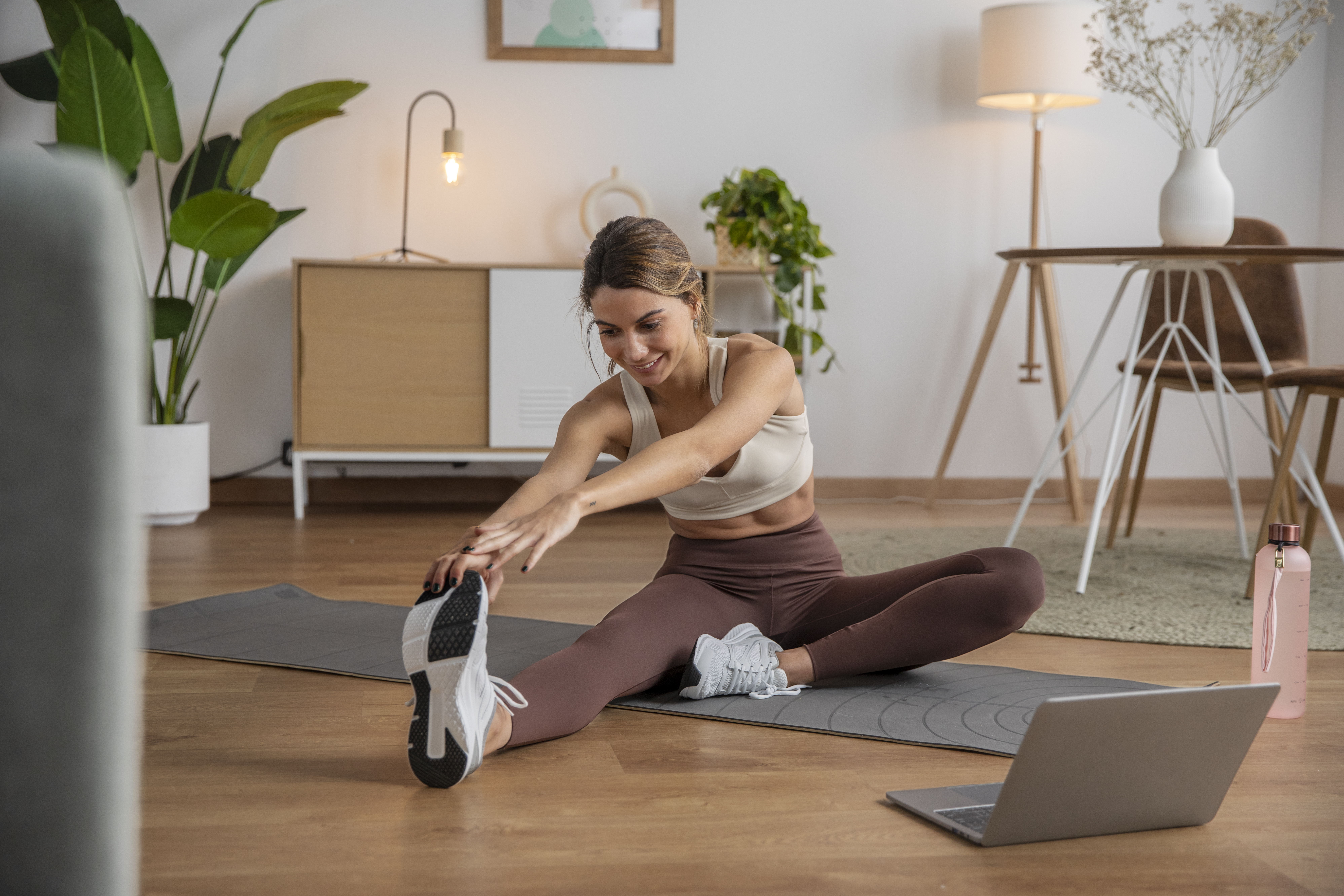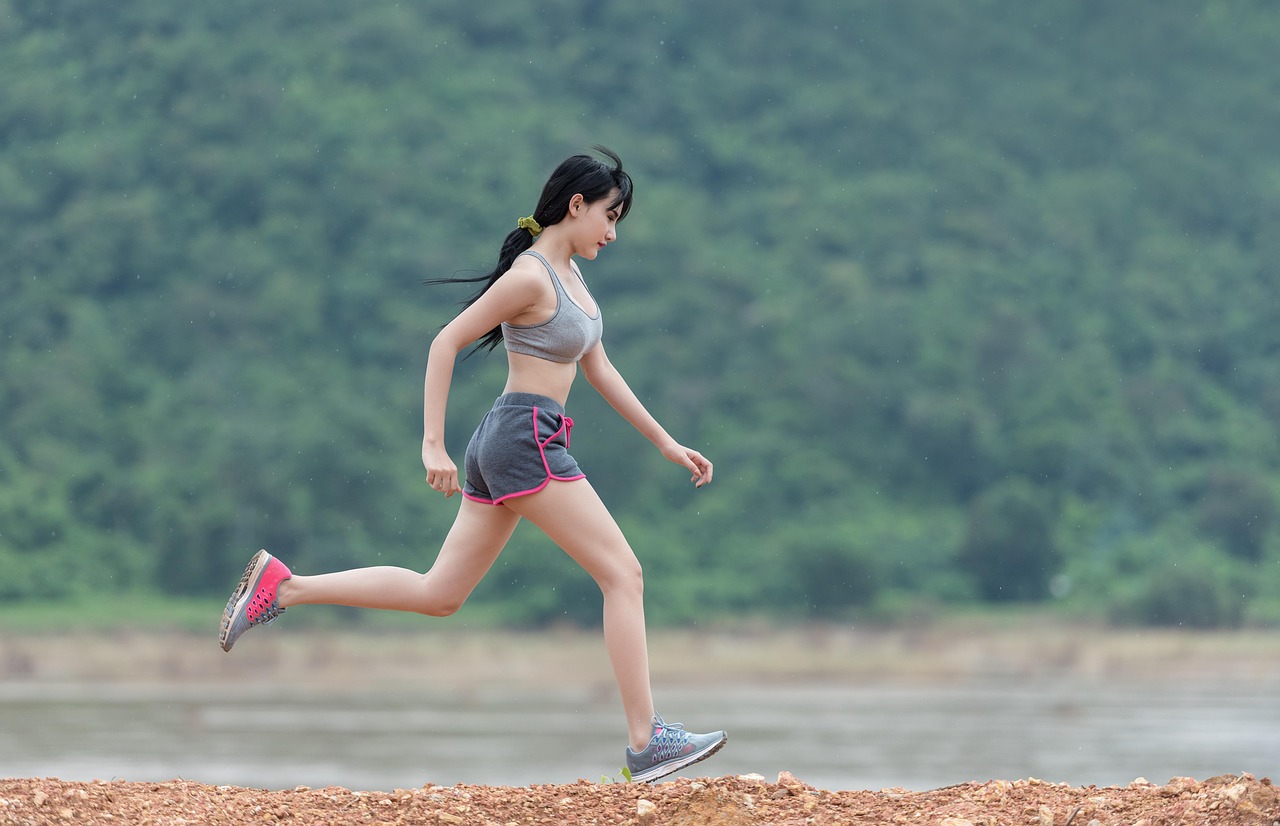Long-term travel stands as one of life’s most fulfilling adventures yet it brings obstacles to sustaining your physical and mental wellness. Travelers who backpack between continents or work remotely across different cities need to plan ahead with consistent habits to maintain their health during extended travel periods. The following guide provides practical steps to help you maintain your health while feeling your best throughout your travels.
Prioritize Nutrition: Eating Well on the Go
Traveling often presents challenges to maintain dietary balance because of new foods and restricted cooking possibilities. Good nutrition remains essential for maintaining long-term health.
Tips for Staying on Track with Nutrition:
- Before your trip start planning your meals because certain destinations have restricted food choices that align with your dietary requirements. Visit local supermarkets and farmers’ markets to purchase fruits vegetables and whole grains for your meals. The HappyCow application serves as a tool to find plant-based and healthy dining locations throughout the world.
- Healthy snacks should be your investment when traveling. Non-perishable healthy snacks including mixed nuts granola bars dried fruits and protein-packed snacks should accompany you during your journey. The snacks will protect you from choosing unhealthy options when time is limited or food choices remain unclear.
- Make a point to follow the local food traditions but modify them according to your health requirements. In regions with limited fresh produce availability consider using vitamins or greens powders to fill nutritional gaps. The fresh seasonal produce available at local markets should always be your first choice when selecting food from the region.
- Stay Hydrated: Dehydration is common while traveling, especially in hotter climates or during flights. You should bring a refillable water bottle to this destination and drink lots of water throughout your trip. Excessive consumption of sugary drinks together with alcohol will lead to dehydration of your body.
Regular Exercise: Staying Active No Matter Where You Are
Travelers often slip into inactive habits but physical activity remains crucial for both physical health and mental well-being. Regular physical activity helps people digest food better while improving their mood and increasing their energy levels and building stronger immunity.

Incorporating Exercise into Your Travel Routine:
- Find Local Activities: Free or low-cost activities in your destination should be taken advantage of. Hiking biking swimming and walking tours provide excellent opportunities to stay active while experiencing the local culture. The platform Meetup and the community-based website Couchsurfing enable users to discover active events and groups they can participate in.
- You can maintain fitness without needing access to a gym. You can perform bodyweight exercises including push-ups squats lunges and planks in any location. The exercises work well in all types of settings including hotel rooms and parks and during flight delays.
- Yoga together with stretching exercises provides both flexibility benefits and stress relief and anxiety management which proves useful for extended travel periods. The Yoga Studio and Daily Yoga applications provide diverse yoga routines accessible from any accommodation setting.
- Fitness groups and classes are available at hostels and resorts as well as local centers which provide Zumba and martial arts instruction. Participating in a class allows you to stick to your workout routine and meet fellow travelers who share your interests.
Mental Health: Combatting Travel Fatigue and Stress
Traveling for an extended period can negatively affect your mental state. The combination of continuous travel with environmental changes and disrupted routines creates stress and anxiety which may develop into burnout. Your mental health requires equal attention as your physical health does when you take time to care for it.
Mental Health Tips for Long-Term Travelers:
- Establish a Routine: You should establish some form of daily routine despite your active travel schedule. You should maintain regular wake-up times and eat meals at scheduled times and plan rest periods. Your routine provides structure and stability even when you travel according to your schedule.
- Mindfulness and Meditation: Meditation stands as a perfect method to fight stress and anxiety. Dedicate 10-15 minutes daily to practice mindfulness meditation in either a park setting or your accommodation. Headspace and Calm provide users with meditation and deep breathing exercise guidance through their mobile applications.
- Social Connections: During extended travel periods you need to maintain social connections because loneliness can easily develop. You can meet fellow travelers by using online communities or by joining group tours or participating in local activities. Creating social connections will provide you with both support and a sense of being grounded in your environment.
Sleep: How to Get Quality Rest on the Road
Traveling often leads people to sacrifice their sleep schedule because good sleep remains crucial for complete health. Time zone shifts together with unfamiliar settings and noisy lodging facilities disrupt sleep quality which negatively impacts both your mood and your energy levels and your general health.

Sleep Tips for Long-Term Travelers:
- Create a Sleep-Friendly Environment: You should make your sleeping area as comfortable as you can no matter where you find yourself. Travelers who stay in noisy locations should bring earplugs or noise-canceling headphones. Travelers who experience different light patterns in their destination should use a sleep mask to block out light.
- When crossing time zones you should shift your sleep schedule by small amounts before starting your journey. When you arrive at your destination take time to get sunlight exposure because this helps your body reset its natural clock.
- Caffeine and alcohol consumption should be restricted because they disrupt sleep quality during travel. You should stay away from caffeine and alcohol consumption for at least four hours before your bedtime.
- The sleep apps Sleep Cycle and Relax Melodies offer tools to help people who struggle with falling asleep. The apps deliver soothing sounds to users while monitoring sleep patterns and generating customized recommendations for improved rest.
Hygiene and Health Precautions: Staying Clean and Safe
Travelers need to take health precautions when visiting areas with varying sanitation standards or health threats. The practice of proper hygiene stands as the essential base for illness prevention while traveling.
Health Tips to Stay Safe and Clean:
- Hand Hygiene: Always carry hand sanitizer when you travel to regions which lack soap and water access. You should develop a habit of hand sanitizing because public transport and local markets and public spaces frequently contain germs.
- A well-stocked first aid kit containing essential medications including pain relievers and band-aids and antiseptic wipes will help you respond to unexpected health problems. Your first aid kit needs to be fully equipped when traveling to isolated locations.
- Check with medical professionals to determine if any vaccinations are mandatory or suggested for your travel destination. Travel insurance with health coverage is essential because it protects your financial well-being when you become sick or need medical care while abroad.
- Learn about the specific health dangers that exist in your travel destination including malaria and dengue fever and foodborne illnesses. TripAdvisor and Lonely Planet offer useful health precautions that travelers have implemented according to their forums.
Preventing Common Travel Ailments
During your travels you might encounter health problems including jet lag together with digestive issues and dehydration. The common travel ailments which disrupt your journey can be prevented by understanding their causes to create a more enjoyable travel experience.
How to Stay Free of Common Travel Illnesses:
- To fight jet lag you should change your sleep pattern before starting your journey. You should drink plenty of water during the flight because it helps hydration but you should avoid alcohol and caffeine.
- When traveling you should take precautions regarding the food from streets and drinking water. Drink bottled water only and stay away from ice cubes and maintain regular handwashing.
- Hot weather conditions along with travel cause rapid dehydration in people. You should bring a refillable water bottle while making sure to drink enough fluids each day.
- People who experience motion sickness should bring their prescribed medication or use natural remedies such as ginger together with acupressure wristbands.
Long-term travel is a very enriching experience but one has to take care of health in advance. With attention to nutrition, exercise, mental health, sleep, hygiene and preventive health, you will be able to keep your energy and enjoy your travels to the fullest. Here are some tips to help you prepare for your next adventure so that you can go into it feeling fresh and ready for anything.
